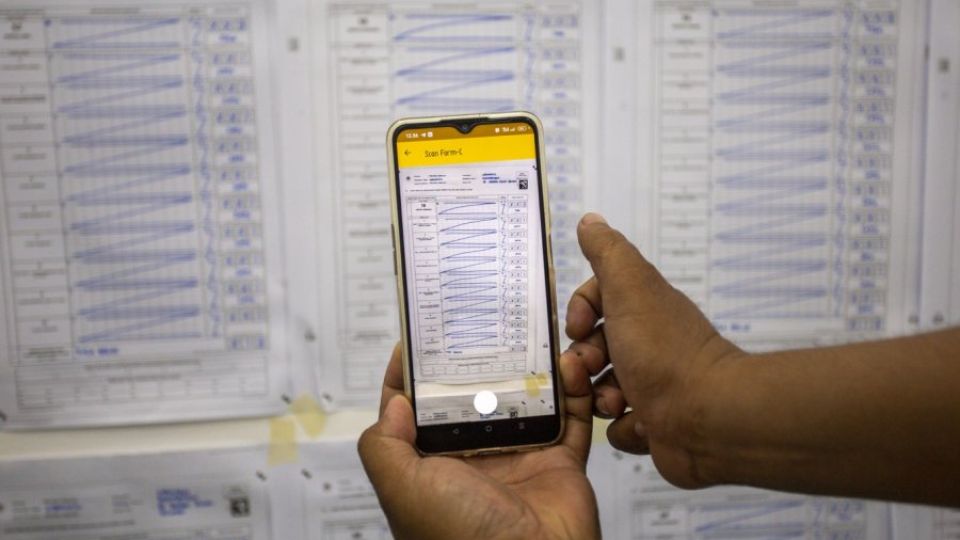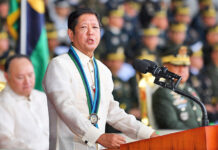JAKARTA (ANN/JAKARTA POST) – In the midst of a concerning surge in fatalities among poll workers despite concerted efforts to safeguard their well-being during the Indonesian 2024 election, a debate has emerged regarding the feasibility of holding both presidential and legislative elections on the same day.
The Health Ministry’s recent report on Saturday revealed at least 108 poll workers succumbing to illness and more than 14,300 falling ill between February 14 and February 22. The majority of deaths were attributed to heart attacks and hypertension.
Among the affected, paid volunteers serving as local poll administrators (KPPS) recruited by the General Elections Commission (KPU) bore the brunt, accounting for 58 deaths and over 7,200 illnesses.
The remaining toll included workers from subdistrict and district-level polling committees, election monitors enlisted by the Elections Supervisory Agency (Bawaslu), and polling station officers tasked with maintaining order during voting.
To mitigate these challenges, the KPU introduced new measures this year, including an age limit of 55 years and mandatory health screenings, aiming to prevent fatalities among the 5.7 million KPPS responsible for staffing polling stations and manually counting ballots.

These measures were implemented in response to the tragic toll during the first simultaneous elections in 2019, where 6,000 KPPS fell ill, and nearly 900 died from exhaustion and overwork.
Activist Khoirunnisa Agustyati from the Association for Elections and Democracy (Perludem) criticised simultaneous elections as overly complex and burdensome, particularly for local poll administrators. She advocated for a return to separate elections to avoid further casualties.
Aminurokhman, a NasDem Party lawmaker overseeing home affairs, echoed similar sentiments, emphasizing the necessity of a comprehensive review of election laws and regulations. He pointed out that simultaneous general elections disproportionately burden poll administrators, managing polling stations and manually counting ballots for an extended period.
Following the deaths in 2019, four former KPPS from West Java petitioned the Constitutional Court in 2021 to advocate for separate presidential and legislative elections, but the court rejected the petition, stating that the KPU was responsible for setting reasonable working hours for poll workers.
While the KPU aimed to reduce paperwork and working hours by digitalizing vote counting and tabulation processes, the initiative inadvertently increased the workload for poll administrators. The digital tabulation platform, coupled with additional responsibilities such as taking scans or pictures of completed C1 tabulation forms, contributed to the exhaustion of poll workers.
Sally Aman Nasution, chair of the Indonesian Society of Internal Medicine (PAPDI), questioned the effectiveness of health screenings, emphasizing the importance of thorough investigations into the causes of death. Cardiologist Vito Anggarino Damay underscored the need for comprehensive health checks and proportional working hours, suggesting that the KPU should only hire individuals without underlying health conditions and implement a work system allowing sufficient sleep for workers.



















































